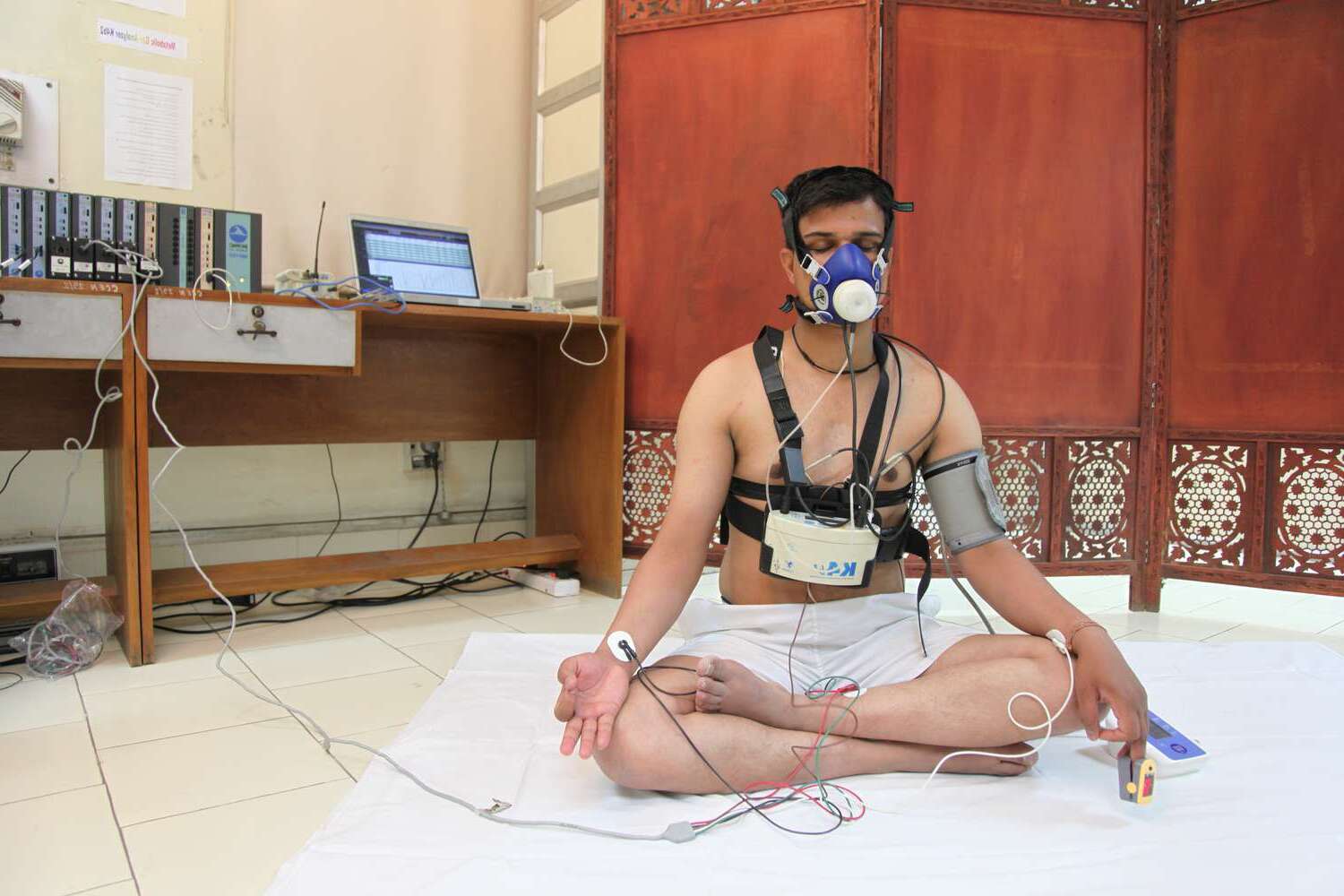
What is the educational background of the average person? This question often sparks curiosity. Education shapes lives, careers, and futures. The average person typically completes high school, with many pursuing higher education. High school graduation rates vary by country, but in the U.S., around 85% of people graduate. College attendance has also increased, with about 40% of Americans earning a bachelor's degree. Vocational training and associate degrees offer alternatives to traditional four-year colleges. Global education trends show rising literacy rates and more access to education, though disparities remain. Understanding these patterns helps us appreciate the diverse paths people take in their educational journeys.
Key Takeaways:
- Education is crucial for breaking the cycle of poverty and providing equal opportunities for all, leading to economic growth and social development.
- Technology is revolutionizing education, making learning more accessible and personalized, while also preserving cultural heritage and promoting global understanding.
The Importance of Education
Education shapes our world. It molds minds, builds societies, and drives progress. Here are some intriguing facts about the educational background that highlight its significance.
-
Education Reduces Poverty: Studies show that every additional year of schooling can increase a person's income by up to 10%. Education provides skills and knowledge, opening doors to better job opportunities.
-
Literacy Rates: Globally, literacy rates have improved significantly. In 1970, only 63% of adults were literate. Today, that number has risen to 86%, thanks to educational initiatives worldwide.
-
Gender Gap in Education: While progress has been made, girls in some regions still face barriers to education. In sub-Saharan Africa, 9 million girls will never attend school compared to 6 million boys.
Historical Milestones in Education
Education has evolved over centuries. Key milestones have shaped the systems we know today.
-
First University: The University of al-Qarawiyyin in Morocco, founded in 859 AD, is considered the world's oldest continuously operating educational institution.
-
Compulsory Education: Prussia was the first country to introduce compulsory education in 1763. This model influenced many other nations to adopt similar systems.
-
Public Libraries: The first public library in the United States was established in 1833 in Peterborough, New Hampshire, making knowledge accessible to all.
Modern Educational Systems
Today's educational systems are diverse and complex. They cater to various needs and adapt to changing times.
-
Online Learning: The rise of the internet has revolutionized education. Platforms like Coursera and Khan Academy offer free courses from top universities, making education accessible globally.
-
STEM Education: Emphasis on Science, Technology, Engineering, and Mathematics (STEM) has increased. These fields are crucial for innovation and economic growth.
-
Inclusive Education: Modern systems strive to be inclusive, ensuring students with disabilities receive the support they need to succeed.
Education and Technology
Technology plays a pivotal role in modern education, enhancing learning experiences and expanding access.
-
EdTech Growth: The educational technology market is booming. By 2025, it's expected to reach $404 billion, driven by innovations like AI and VR in classrooms.
-
Digital Divide: Despite advancements, a digital divide persists. In low-income countries, only 20% of households have internet access, limiting educational opportunities.
-
Gamification: Incorporating game elements into learning can boost engagement and motivation. Apps like Duolingo use gamification to make language learning fun.
Global Education Challenges
Despite progress, many challenges remain in achieving universal education.
-
Teacher Shortages: UNESCO estimates a need for 69 million new teachers by 2030 to meet global education goals.
-
School Infrastructure: In many developing countries, schools lack basic facilities like clean water and electricity, hindering the learning environment.
-
Conflict Zones: Education in conflict zones is severely disrupted. Over 75 million children and youth in such areas are in urgent need of educational support.
Education and Health
Education impacts more than just knowledge. It has profound effects on health and well-being.
-
Health Literacy: Educated individuals are more likely to understand health information, leading to better health outcomes.
-
Life Expectancy: Higher education levels are linked to longer life expectancy. Educated people tend to make healthier lifestyle choices.
-
Mental Health: Schools play a crucial role in promoting mental health. Programs that teach coping skills and resilience can reduce anxiety and depression among students.
Education and Social Mobility
Education is a key driver of social mobility, helping individuals improve their socio-economic status.
-
Breaking the Cycle of Poverty: Education provides the skills needed to secure better-paying jobs, breaking the cycle of poverty for many families.
-
Equality of Opportunity: Access to quality education levels the playing field, giving everyone a fair chance to succeed regardless of their background.
-
Community Development: Educated individuals are more likely to participate in community development activities, fostering social cohesion and progress.
Education and the Economy
The link between education and economic growth is undeniable. Educated populations drive innovation and productivity.
-
Economic Growth: Countries with higher education levels tend to have stronger economies. Education boosts productivity and innovation, driving economic growth.
-
Workforce Skills: As the job market evolves, education systems must adapt to provide the skills needed for new industries and technologies.
-
Entrepreneurship: Education fosters entrepreneurial skills, encouraging individuals to start their own businesses and create jobs.
Education and Culture
Education preserves and promotes cultural heritage, fostering understanding and appreciation of diverse traditions.
-
Cultural Awareness: Schools teach students about different cultures, promoting tolerance and understanding in a globalized world.
-
Language Preservation: Education helps preserve endangered languages by teaching them to new generations.
-
Arts Education: Incorporating arts into the curriculum enhances creativity and critical thinking, enriching students' cultural experiences.
Future of Education
The future of education promises exciting developments as technology and pedagogy evolve.
- Personalized Learning: Advances in AI and data analytics enable personalized learning experiences tailored to individual needs and preferences.
Final Thoughts on Educational Background Facts
Understanding the educational background of different cultures and historical periods offers valuable insights into how societies evolve. From ancient Greece's emphasis on philosophy to modern Finland's innovative teaching methods, education shapes our world. These 28 facts highlight the diversity and importance of education throughout history. They remind us that learning is a lifelong journey, influenced by various factors like geography, politics, and technology. By appreciating these differences, we can better understand our own educational systems and strive for improvements. Whether you're a student, teacher, or lifelong learner, these facts provide a broader perspective on the role of education in shaping minds and societies. Keep exploring, questioning, and learning—education is the key to unlocking a brighter future for everyone.
Frequently Asked Questions
Was this page helpful?
Our commitment to delivering trustworthy and engaging content is at the heart of what we do. Each fact on our site is contributed by real users like you, bringing a wealth of diverse insights and information. To ensure the highest standards of accuracy and reliability, our dedicated editors meticulously review each submission. This process guarantees that the facts we share are not only fascinating but also credible. Trust in our commitment to quality and authenticity as you explore and learn with us.


